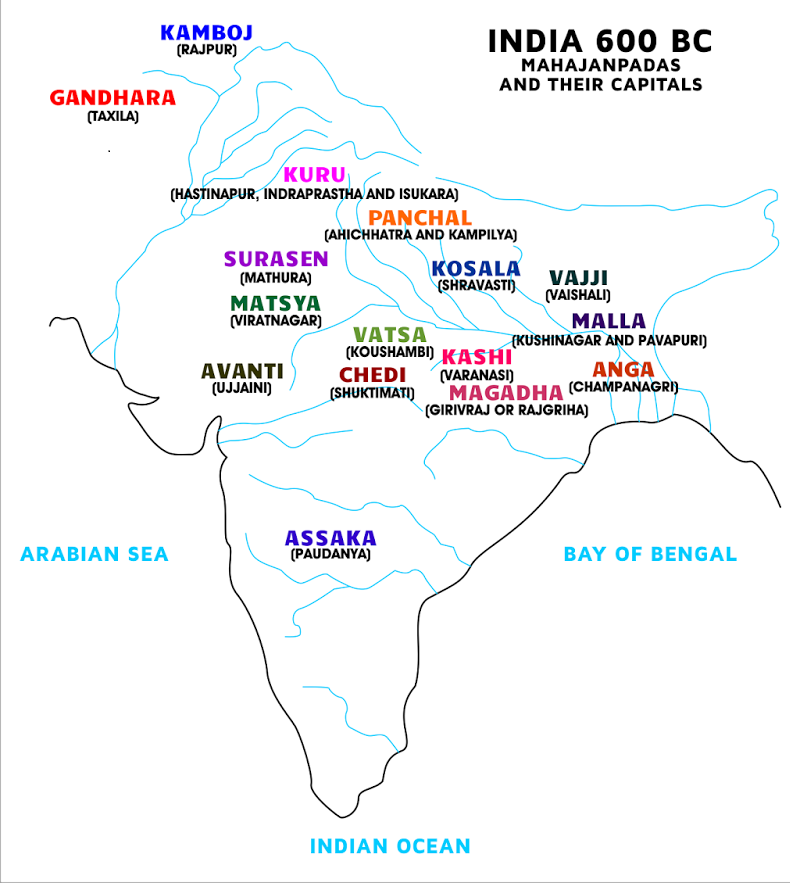The 30th United Nations Climate Change Conference (COP30) is taking place in Belém, Brazil, from November 10-21, 2025, marking a pivotal moment in global climate action. This historic summit brings together nearly 50,000 participants from over 190 countries in the heart of the Amazon rainforest.
Why Belém?
The choice of Belém, located in the state of Pará at the gateway to the Amazon, is highly symbolic. As the world’s largest tropical rainforest faces unprecedented threats, hosting COP30 in this location underscores the vital role forests play in global climate stability. The Amazon serves as a crucial carbon sink and is essential for maintaining Earth’s climate balance.
Key Focus Areas
COP30 centers on three core themes: implementation, inclusion, and innovation. The conference emphasizes moving from pledges to concrete action under the Paris Agreement. Key priorities include:
Mitigation: Reducing greenhouse gas emissions through transition to renewable energy sources
Adaptation: Strengthening resilience of communities and ecosystems against climate impacts like floods, droughts, and rising sea levels
Climate Finance: Mobilizing funds to support developing nations, with proposals for a $1.3 trillion climate finance roadmap
Nature-based Solutions: Utilizing forests, mangroves, and wetlands as natural carbon sinks
Technology Transfer: Promoting clean-energy systems and sustainable industrial practices
Summit Structure
The Heads of State Summit was held earlier on November 6-7, 2025, allowing for more organized and in-depth discussions. The main conference runs from November 10-21 at the Hangar Convention and Fair Centre of the Amazon in Belém. The summit features 145 meetings focused on green energy transition and addressing the challenges of global warming.
Global Significance
COP30 represents a critical juncture for international climate cooperation. Coming 10 years after the Paris Agreement, this conference aims to review the first Global Stocktake and encourage nations to submit updated Nationally Determined Contributions (NDCs). The summit emphasizes ‘mutirão’ – a Brazilian Indigenous term meaning collective effort toward a common goal.
As COP30 President Andre Correa do Lago stated, the world faces a choice: “We either opt for change together, or we will face change through disaster.” The conference seeks to strengthen multilateralism, connect civil society, and accelerate the implementation of climate commitments while highlighting the importance of international cooperation, science, and forest conservation.
With nearly 198 countries participating and world leaders, diplomats, and climate experts gathering to address the climate emergency, COP30 stands as a defining moment for global climate action and the future of our planet.

